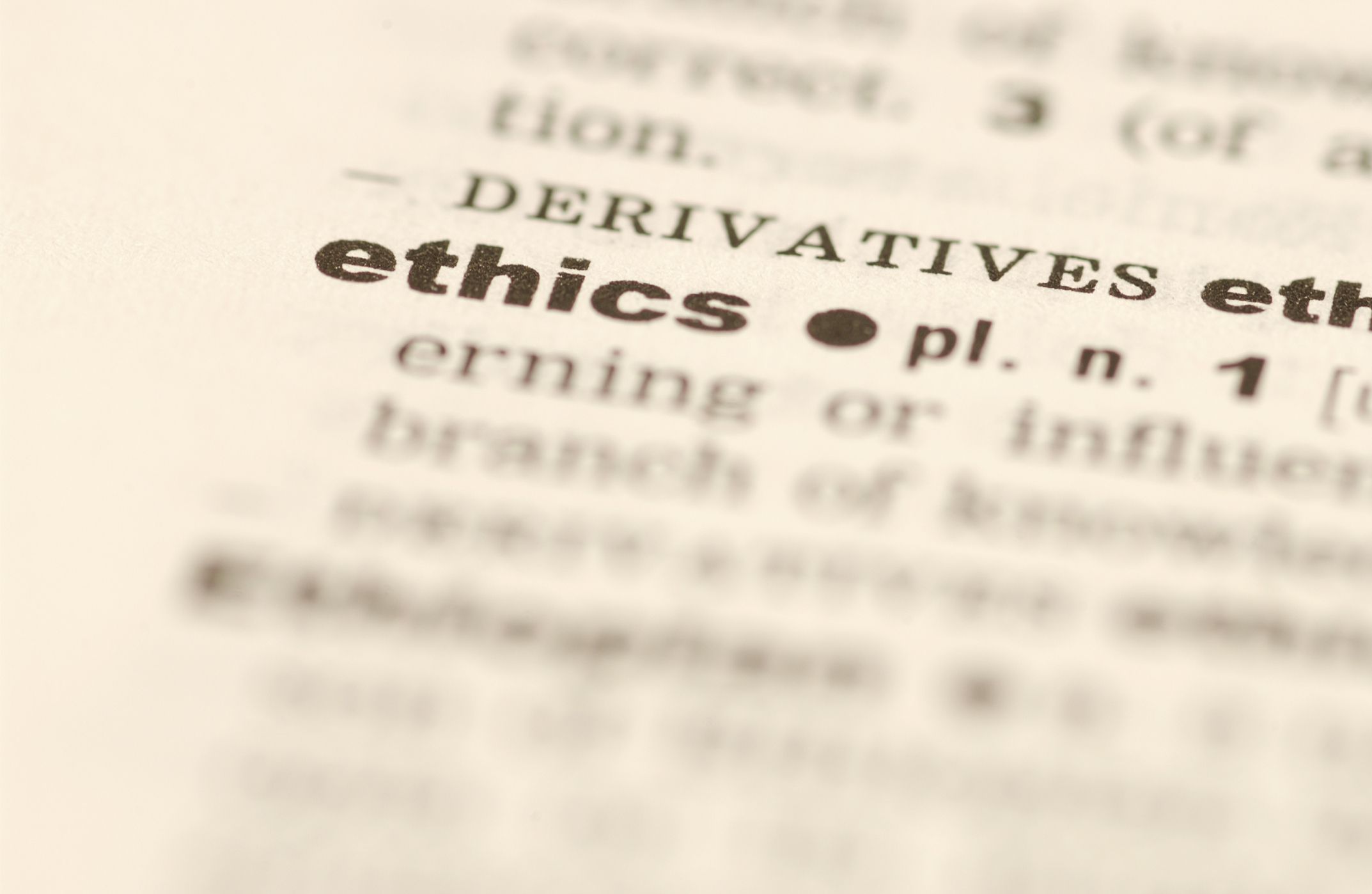“If Christian colleges and universities don’t get this right—there is really no reason for us to exist.” This statement, provided by a Business School Dean at a recent faith-based academic conference, is a direct reference to ethics. Much has been written regarding the Raison D’etre of a faith-based institution. Yet this comment—getting ethics right—is of particular importance for faculty and staff preparing students to enter a complex, globalized marketplace.
Why Should We Be Ethical In Business?
Attention to business ethics has grown considerably over recent years, particularly in the wake of the financial crisis in 2008. In the talks, texts, and teachings of ethics in the marketplace, one primary question seems to crop up again and again: Why should we be ethical in business? Ethical behavior in the field of business is often addressed because it creates the best environment for efficient production and sustained development. Or as one Business Ethics textbook bluntly puts it, “Ethical behavior is essential for long-term business success” (Fritzsche, 1997, p. 18). True as this may be, morality as a strategy is an impoverished motivator of ethical activity for people of faith. Being a follower of Christ and cultivating the virtue God desires in each of us should not simply be viewed as an organizational tactic. Rather, it is the blueprint for the life God desires each of us to have.
Unfortunately, a survey of Christian literature reveals that some within the faith tradition have adopted a form of “good people = good business” reasoning when it involves demonstrating morality in our business affairs. For example, Phil Clements, the founder of the Center for Christian Ethics in Business (CFCBE), suggests that Jesus’ parables demonstrate how trust is an antecedent virtue for a well-functioning market. Further, Christian author Larry Ruddell writes: “The fact is…that companies that set and hold to ethical standards will do better financially and be able to compete more effectively than unethical companies in the long run” (Ruddell, 2004, p. 19). Similarly, Christian leadership guru John Maxwell asks: “If you embrace ethical behavior, will it automatically make you rich and successful? Of course not. Can it pave the way for you to become successful? Absolutely. Ethics + Competence is a winning equation” (Maxwell, 2003, p. 15; Italics his)
Is Ethical Activity a Model or Our Identity?
Put in these terms, ethical activity becomes less of a character ideal to be embodied, and more of a formula to be harnessed. Like competitive prices, quality products, ambitious marketing campaigns, or any other initiative to promote the company’s success—ethics is described as a strategic tool to accumulate marketplace profits. To be clear, I would be the first to agree that promoting and maintaining high-level ethical behavior in our daily affairs is fundamentally important in a marketplace often marred by scandals and fraud. I would equally agree that an organizational culture operating “above reproach” does more good than harm, and is often consistent with the achievement of desirable market outcomes. However, if ethics is first and foremost a feature of our faith identity, then being ethical has less to do with consequences, and more to do with the essence of being a Christian: existing, embracing, and embodying the Christlikeness that God has designed for us. Based upon this understanding, not only will we likely conceive of ethics differently, but it will change our answer to “why ethics” in a more faithful, essential way. In contrast to notions that being ethical creates a more accommodating environment for business structures to embed themselves within—ethical activity, occurring as a function of our Christian identity—means we are more human when we exercise virtue. That is, we capture more of the essence of who God created us to be. This is an entirely different framework for thinking about ethics and enterprise than the “models” and “frameworks” that dominate the field today (Christianity included).
In his book The Quest, Eugene Peterson writes: “One of the supreme tasks of the faith community is to announce to us early and clearly the kind of life into which we can grow, to help us set our sights on what it means to be a human being complete” (Peterson, 1983, p. 202). Morality is no doubt a lubricant for marketplace efficiency. Yet in embodying the identity of a Christ follower, we discover wholeness.
We take on the character of Christ and the mind of Christ. We become complete, undivided. This is, I humbly suggest, at the heart of getting ethics right, and efficacy aside, is reason alone for curating and cultivating the virtues of the faith.



